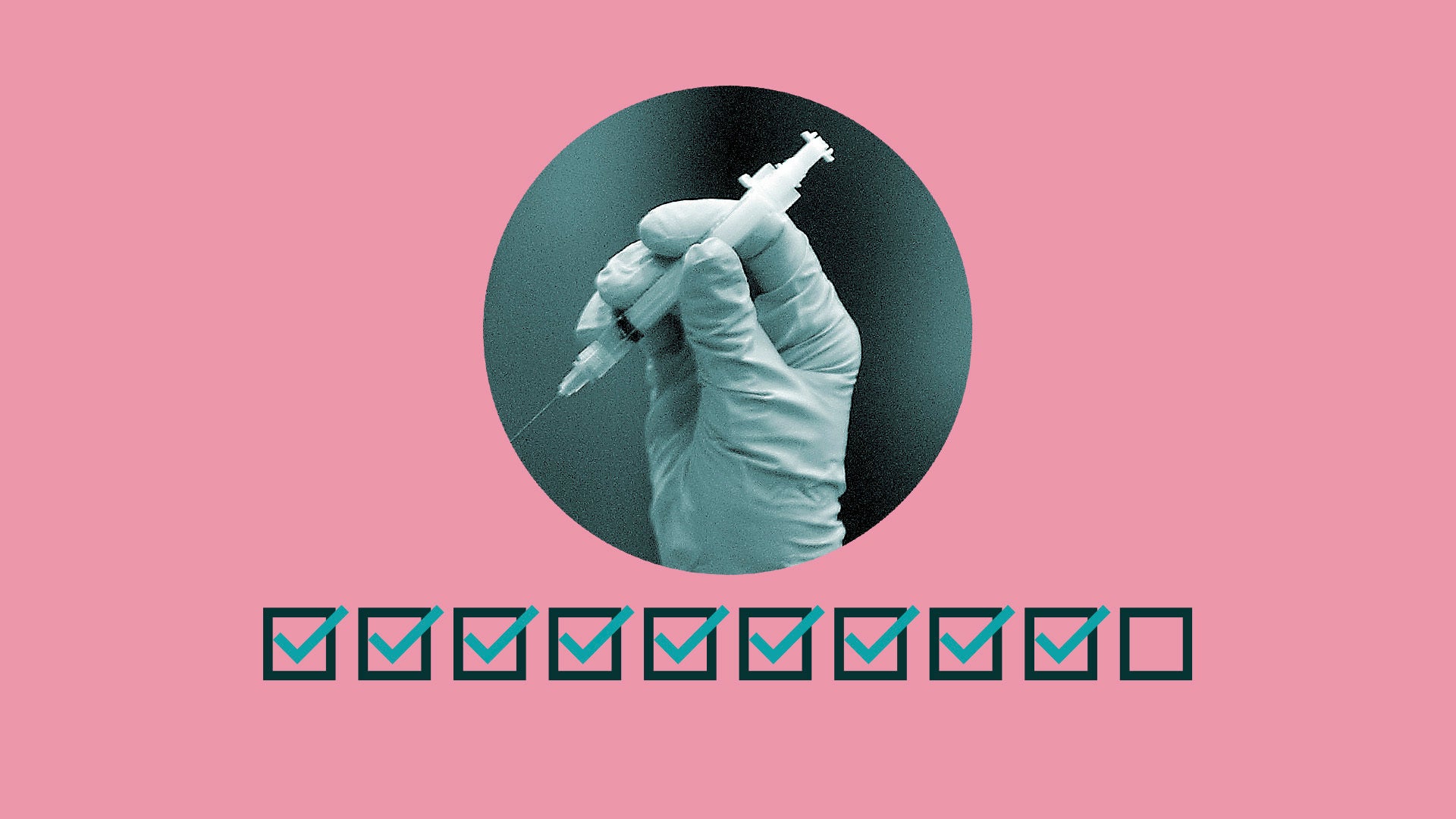What does COVID-19 vaccine effectiveness mean?
Two vaccine makers have said that preliminary data from their late-stage studies suggest their experimental vaccines are more than 90% effective, raising hopes around the world that vaccines could help put an end to the pandemic sometime next year

What does COVID-19 vaccine effectiveness mean?
It refers to the likelihood that a coronavirus shot will work in people.
Two vaccine makers have said that preliminary results from their late-stage studies suggest their experimental vaccines are strongly protective. Moderna this week said its vaccine appears nearly 95% effective. This comes on the heels of Pfizer s announcement that its shot appeared similarly effective.
Those numbers raised hopes around the world that vaccines could help put an end to the pandemic sometime next year if they continue to show that they prevent disease and are safe.
Effectiveness numbers will change as the vaccine studies continue since the early calculations were based on fewer than 100 COVID-19 cases in each study. But early results provide strong signals that the vaccine could prevent a majority of disease when large groups of people are vaccinated.
U.S. health officials said a coronavirus vaccine would need to be at least 50% effective before they would consider approving it for use. There was concern that coronavirus vaccines might be only as effective as flu vaccines, which have ranged from 20% to 60% effective in recent years.
The broad, early effectiveness figures don't tell the whole story. Scientists also need to understand how well the vaccine protects people in different age groups and demographic categories.
For both vaccines, the interim results were based on people who had COVID-19 symptoms that prompted a virus test. That means we don’t know yet whether someone who’s vaccinated might still get infected -- even if they show no symptoms -- and spread the virus.
Also unknown is whether the shots will give lasting protection, or whether boosters will be required.
___
The AP is answering your questions about the coronavirus in this series. Submit them at: FactCheck@AP.org.
Read previous Viral Questions:
How does the coronavirus affect the heart?
Does the flu vaccine affect my chances of getting COVID-19?
Am I immune to the coronavirus if I’ve already had it?
Bookmark popover
Removed from bookmarks